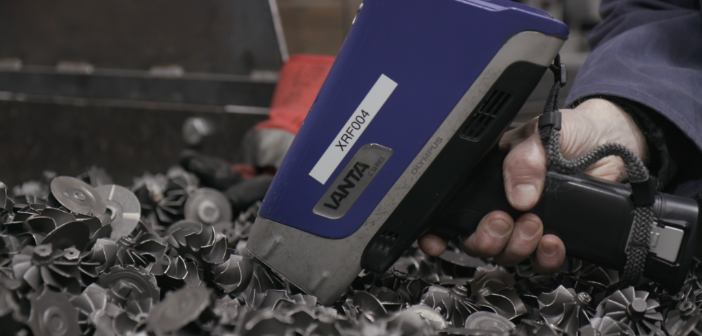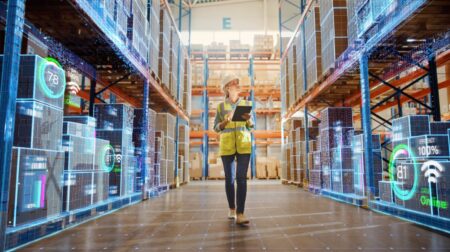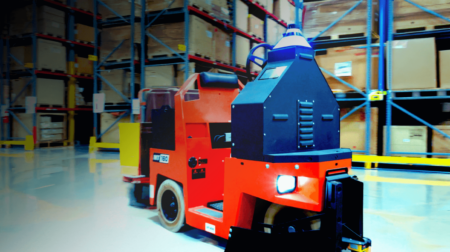Researchers at the University of Sheffield are developing an automated scrap metal sorting technology that could help create a circular economy and preserve the planet.
The engineers, based at the university’s Advanced Manufacturing Research Centre (AMRC), worked with local metal processing business Advanced Alloys to explore an automation process of identifying and sorting rare earth metals for reuse.
Advanced Alloys previously sorted large quantities of aerospace scrap manually, which made it difficult to determine the grade and composition of different materials. According to the company, rare elements found in aerospace alloys, which are hard to identify, are often not sorted.
Thus, the collaboration with AMRC trialled the use of cameras, robotics, conveyors, inscribing technology and high-speed X-ray fluorescence.
Stephen Hall, managing director of Advanced Alloys, said: “The suggestions we had from the AMRC took us to the edge of what is currently possible, and further refinement of image analysis software, in particular, would help us get to where we want to be.
“Robotics is great at identifying pieces and components of a regular size and shape, but we’re often looking at irregular shapes, sharp edges, and an array of different sizes.”
The project had to pause in 2020 following the coronavirus pandemic but Hall added that the company hoped to restart this year.
Dr Phil Yates of the AMRC added: “There is already a lot of automation across the industry in manufacturing and assembly. Where there’s much less automation is in recycling. It’s more challenging to find ways to automate the identification and sorting of scrap materials.
“So, this was a great project for the AMRC. We like doing the awkward stuff; the stuff that taxes our brains and uses our skills.
“We put together simulations of a number of methods for identifying and cleaning different scrap metals, some of which are very expensive and can also be dangerous, so these elements could be separated out from the rest of the scrap and recycled for use again.
“This is about supporting a fantastic local business, but ultimately, when it comes to keeping these rare earth elements in use, it’s also about developing technology that can contribute to a circular economy, to design out waste and keep materials in use, and help preserve the planet.”








